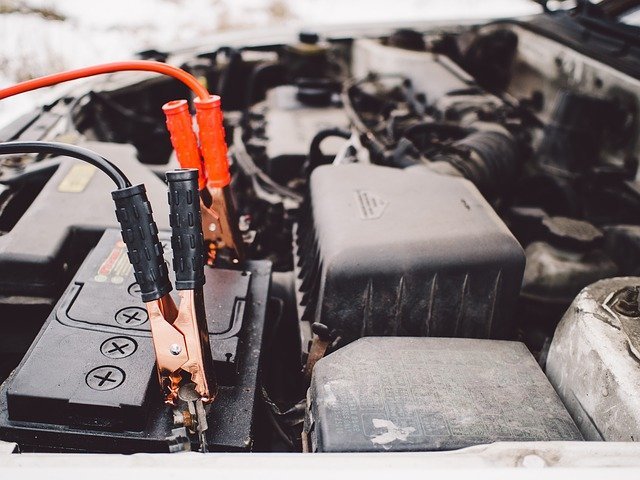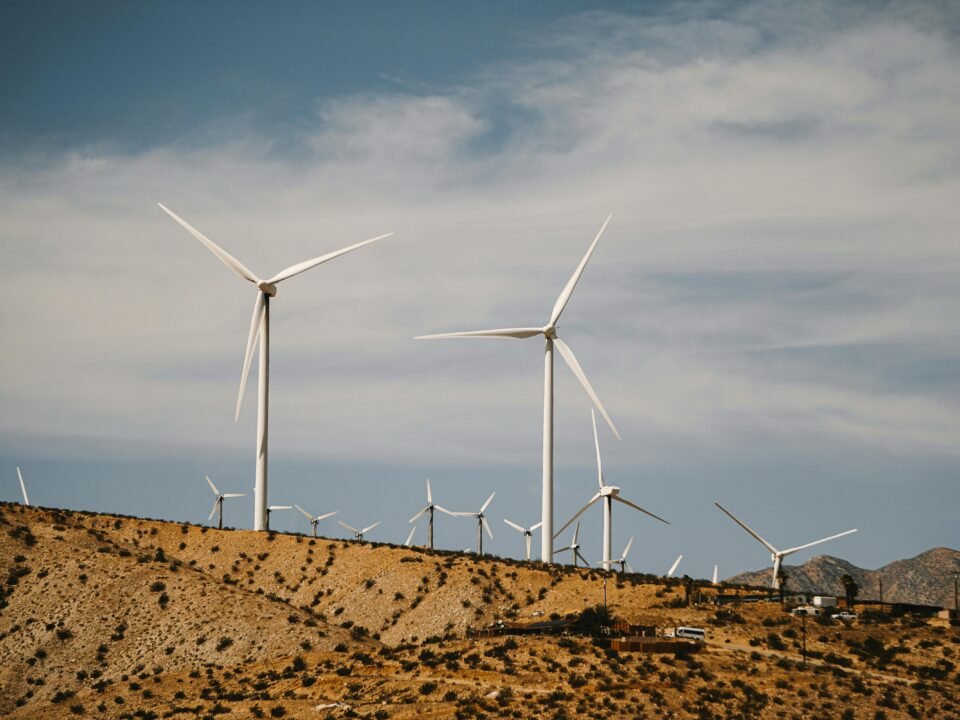Solar power usage is increasing in the United States. According to the Solar Energy Industries
Association (SEIA), a new solar energy system was installed every 75 seconds in 2020.
Currently, 18.6 million households use solar power, which is about 3% of the country’s total
energy consumption. This is a big step forward compared to the previous year. If this pace
continues, it can be estimated that by 2025, about 13.6% of households will be dependent on
solar energy.
However, solar panel systems usually require a battery or generator. Also, its popularity has
skyrocketed recently. The COVID19 pandemic, increased risk of natural disasters, worsening
storms due to climate change, and aging power grid infrastructure have led homeowners to
seek backup systems to keep electricity stored for potential periods of time.
In fact, SEIA predicts that by 2025, nearly 25% of all solar systems behind the meter will be
combined with storage, less than 6% by 2020.
What should You look for in a backup storage system? You can choose either a battery or a
generator. What is the difference between a battery and a generator? The
Battery and Generators are two major types of home power backup systems that can power your home in the event of a power outage.
The battery is powered by electricity and can be recharged with either surplus energy from the solar module or electricity from the grid. Designing the battery to use off-the-grid backup energy ensures power security by allowing the battery to be charged in the event of a power outage. However, not all battery systems can be charged in the event of a power outage. If this feature is important, please contact your contractor to ensure that you have the correct system installed.
Generators can be used by m some new models that can use solar power for charging, but they usually use fuels such as diesel, liquid propane, and natural gas to convert to household
electricity. increase. As long as you have the right fuel (and enough), your generator will
continue to run. However, if you run out of fuel, some generators have the option of connecting to a natural gas line. However, not everyone has access to the line. If not, consider getting extra fuel around your house in case of a power outage. Make the right decision for your home by understanding your requirements clearly and doing your research correctly.
Batteries and generators each have their strengths and weaknesses, but it’s best to choose the one that works best for you, your home, and your loved ones.
Read more about how you can be self-sufficient in an emergency by combining a residential PV system with a generator or battery.




